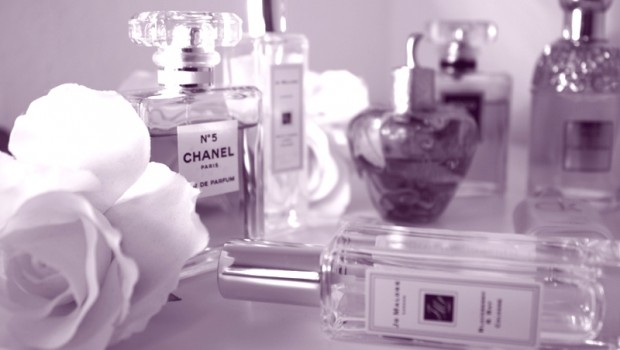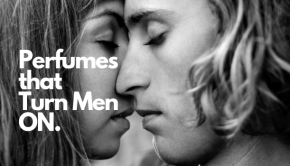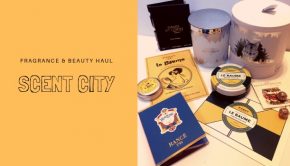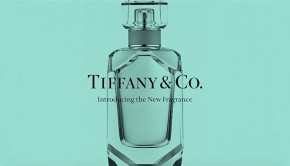The Difference Between Eau de Toilette and Parfum
The difference between a Perfume, Eau de Parfum, or Eau de Toilette is probably one of the most frequently asked questions about perfume and rightly so because it is also one of the most misinterpreted!
To put it simply, Perfume, Eau de Parfum, Eau de Toilette, and Cologne are different in their concentrations of fragrance oils, but that’s not all!
These different concentrations DO NOT necessarily mean different levels of quality for a frangrance, and furthermore, each scent may also include different fragrance notes entirely!
But still the most straightforward difference between a Perfume, Eau de Parfum, Eau de Toilette and a Cologne is the concentration of oils used in the fragrance.
A Cologne or sometimes called an Eau de Cologne or an Eau Fraiche is between 2-5% Perfume oil
-
An Eau de Toilette is between 4-10% Perfume oil
-
An Eau de Parfum is between 8-15% Perfume oil
-
A Perfume or sometimes called an Extrait is between 15-25% Perfume oil
Likewise, these numbers also indicate the amount of alcohol and water used to make up the bulk of the fragrance. Now some think that this translates into longevity, meaning that a Perfume is sure to last longer than an Eau de Toilette because it contains less alcohol and more oils; however, this is NOT always true.
While, the science behind this lends credit to this assumption, being that alcohol and water evaporate quicker hence a liquid with more oils in it would remain longer, but this isn’t necessarily the case. One reason for this, is that Perfumes need to be dabbed on the skin, which lends to a more intimate scent experience, whereas an Eau de Parfum for example can be sprayed liberally over skin and clothes leading to a potentially stronger longevity. Body heat will cause a scent to evaporate more quickly whereas fabrics can hold the fragrance for longer.
So although a Perfume is more concentration with oils, it may not smell as strong because it lingers closer to the body.
Which leads to the next point. Each fragrance will have a different sillage (how close they wear to the body and how far away from the body the scent trails), so a fragrance with a weak sillage might not smell as strong and hence dissipate sooner even if it’s a Perfume, where an Eau de Toilette of different scent may smell present all day even though it has a weaker concentration of oils. And this is usually due to the different notes used.
Certain notes evaporate more quickly or are weaker in sillage from the beginning. Citrus notes and very delicate floral notes (like lily-of-the-valley or orange blossom) tend to have a weaker sillage. Whereas musk or tuberose have a very powerful sillage right from the start. So taking these different notes into consideration; a Perfume made with citrus & orange blossom will probably smell less strong than an Eau de Parfum made with musk & tuberose.
However, that’s not all that may be different between these concentrations. Quality of fragrance oils used also play a part in how strong and how long a fragrance lasts. Higher quality oils tend to take more time to develop and thus linger longer on the skin than their synthetic counterparts. Some perfume houses/companies also may use more expensive natural perfume oils in only the Perfume version and then synthetic produced notes in the others.
Furthermore, they may use different notes or different concentrations of notes between say a Perfume and an Eau de Toilette. And sometimes, these differences can be very obvious, creating almost completely different fragrances with the same name!
For example, Guerlain created the fragrance L’instant. The Perfume version is sweet, warm, and powdery featuring strong honey, vanilla, benzoin, and Iris notes. But the L’Instant Eau de Parfum version of the same fragrance has none of these notes and instead is more fresh and citrusy.
Another example is Chloe by Chloe. With this fragrance the Perfume version is more of a heady rose scent featuring powerful gardenia and earthy cedar and smooth amber. But in the Chloe Eau de Toilette version, none of these notes are present and instead powdery iris is present along with refreshing notes of orange and watermelon.
To add yet further variations of fragrances, some perfume houses/companies will create different versions of their most popular scents for different occasions, limited editions, or for different seasons.
Summer, especially, is a season where you might see lighter versions of some of the more popular scents. These are usually referred to as an Eau Fraiche, or an L’eau.
These Summer scents are usually lighter concentrations of their Eau de Parfum counter parts, but they also frequently showcase the lighter and more fresh scent notes of the fragrance. Featuring more white/delicate florals, citrus, or green/water notes that may not be present in the original scent.
For example, Chanel Chance is a feminine floral with sweet pineapple, vanilla, pink pepper, and patchouli. But Chance Eau Fraiche version is almost a completely different scent smelling more citrusy and woodsy! It replaces with overly sweet candied notes with lemon, cedar, and vetiver.
As you can see, choosing the right concentration of fragrance can be a tricky business. Although, there is definitely a difference in concentration of fragrance oils, there may also be differences in quality and notes used within a fragrance line and so it is extremely important to smell them ALL.
Never assume that an Eau de Parfume of a particular fragrance is going to smell exactly like the Eau de Toilette.
If you know you like a particular scent, do some research and find out which notes are used in each concentration either by asking the sales associate or searching online. But most importantly, don’t assume they’re all the same. It’s always best to try the different variations on your skin and see how they wear. When in doubt, follow your nose!











 Hello fellow beauty lover!
Hello fellow beauty lover!








